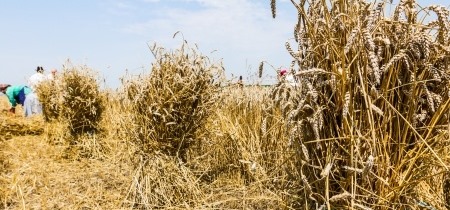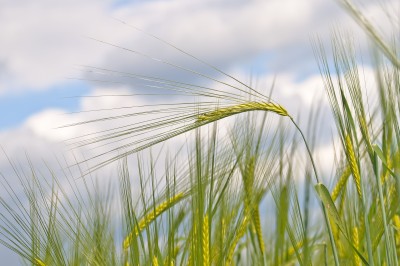-
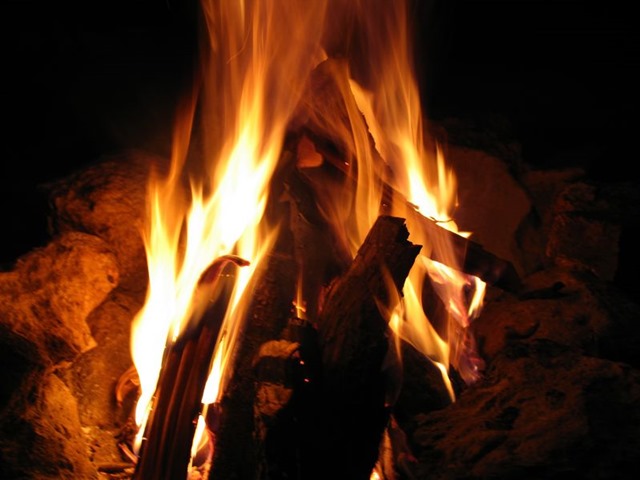
Why we do not follow the Jewish calendar
We have explained why we follow the Sighted Moon /Aviv Calendar. Judaism today follows the calendar introduced by Hillel II in 359 C.E. Hillel was not the originator of the changes to the calendar. The changes started much earlier. In this article we will explain what these changes are and why we do not follow…
-
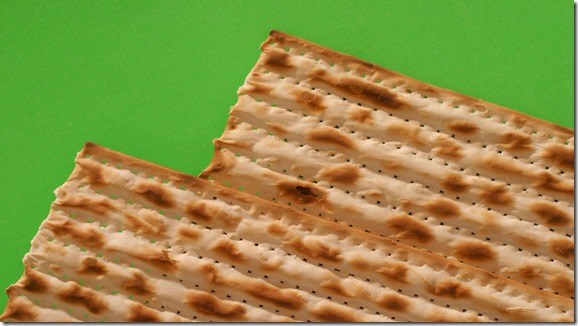
Unleavening our lives…its all about intimacy
Spring is in the air; the Barley is aviv and the new moon has been sighted. A new year has begun! It is almost Pesach, and we are in the final stages of searching and removing the leaven from our homes. This physical action, to remove leaven has a deep spiritual significance. Leaven is symbolic…
-
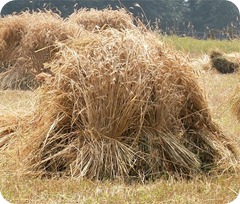
The significance of understanding First Fruits
We have now entered the season of the spring festivals as described in Leviticus 23. In our previous post we highlighted some of the facts regarding the first two feasts of the year, namely Pesach and the feast of Unleavened bread. In this article we will be discussing about the next appointed time that is…
-
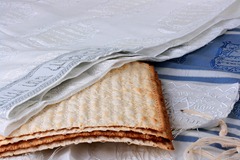
How to celebrate Pesach and the Feast of Unleavened Bread
Abba YHVH, in His greatness, has given us seven festivals to celebrate throughout the year. These are His appointed times. We are, in this study, going to focus on the practical observation of the feasts of Pesach and Unleavened bread. In Ex 12:2-29 we find the instructions for the very first time these feasts were…

